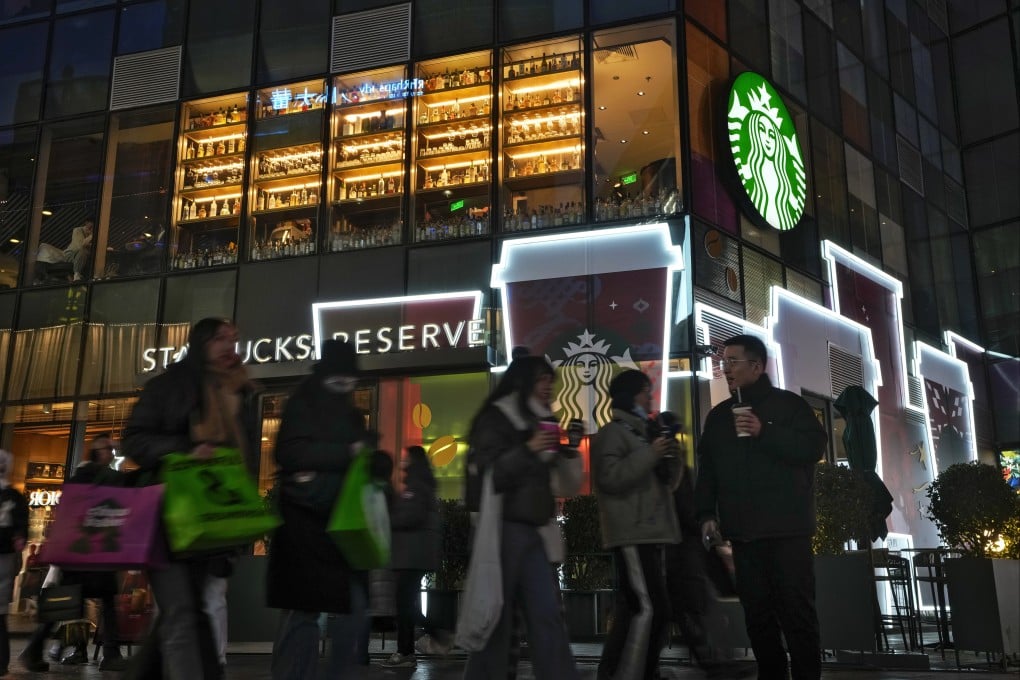My Take | Apple, Tesla and Starbucks to face testing time in China under second Trump administration
These cosy relationships may be challenged during the second Trump term due to changing market conditions and deteriorating US-China ties

Apple, Tesla and Starbucks are among the most recognised US brands in China. Their presence not only represents business success stories, but also the broad goodwill that has existed between the two countries over the years. When people think about US-China mutual interdependence, a typical example could be an affluent Beijing or Shanghai consumer driving a Tesla vehicle, holding a Starbucks cup, and swiping on an iPhone.
The chief executives of these companies have become goodwill ambassadors. Tesla founder Elon Musk had the privilege of entering the Zhongnanhai compound, the heavily guarded working and residential area for top Chinese leaders, on almost every one of his China visits in recent years. Apple CEO Tim Cook is the head of an international advisory body for a school at the prestigious Tsinghua University, which provides direct access to Chinese state leaders on a regular basis. In 2021, Chinese President Xi Jinping wrote to Howard Schultz, the chairman emeritus of Starbucks, encouraging his company to play a positive role in advancing economic and trade ties between the two countries.
The cosy relationships, however, may see challenges during the second presidential term of Donald Trump due to changing market conditions and the deteriorating state of US-China ties. First of all, the Chinese market has become harder to crack for these brands. Starbucks, after years of expansion in China, is finding that its high-priced lattes and esoteric brews are increasingly out of step with changing consumption patterns. It is seeking a “strategic partnership”, a term that implies it is looking for a buyer for its China operations. In one scenario, Starbucks could become a pure franchise like McDonald’s and Coca-Cola in China – the brand is still a US one but the mainland business is run by Chinese companies.

Apple’s iPhone, the only visible foreign smartphone brand in China, is facing fierce competition from local brands from Huawei Technologies to Xiaomi. No one in China would be crazy enough to trade a kidney for an iPhone as a teenager did in 2011. Tesla is facing similarly fierce competition in the electric vehicle sector where local brands are catching up in design and production capabilities.
Secondly, the fragmentation of data management systems may result in higher costs for US brands in China. The Great Firewall has always been an obstacle for foreign internet firms such as Google and Facebook. Mark Zuckerberg’s well-documented and failed attempts to bring his social media services to China were a clear signal that Beijing was not willing to compromise cybersecurity to entertain US business plans.
In the era of artificial intelligence and big data, however, almost every cross-border business will face the same challenges. Apple is still waiting for Beijing’s approval to bring Apple Intelligence to mainland iPhone users, even though Cook has made three visits to China this year, while Tesla is pending Chinese approval for its full self-driving technology.

The two companies are likely to eventually receive the greenlight. Apple and Tesla are also expected to comply with strict data localisation and protection rules, just as ByteDance’s TikTok had to comply with equally strict data regulations in the US.

